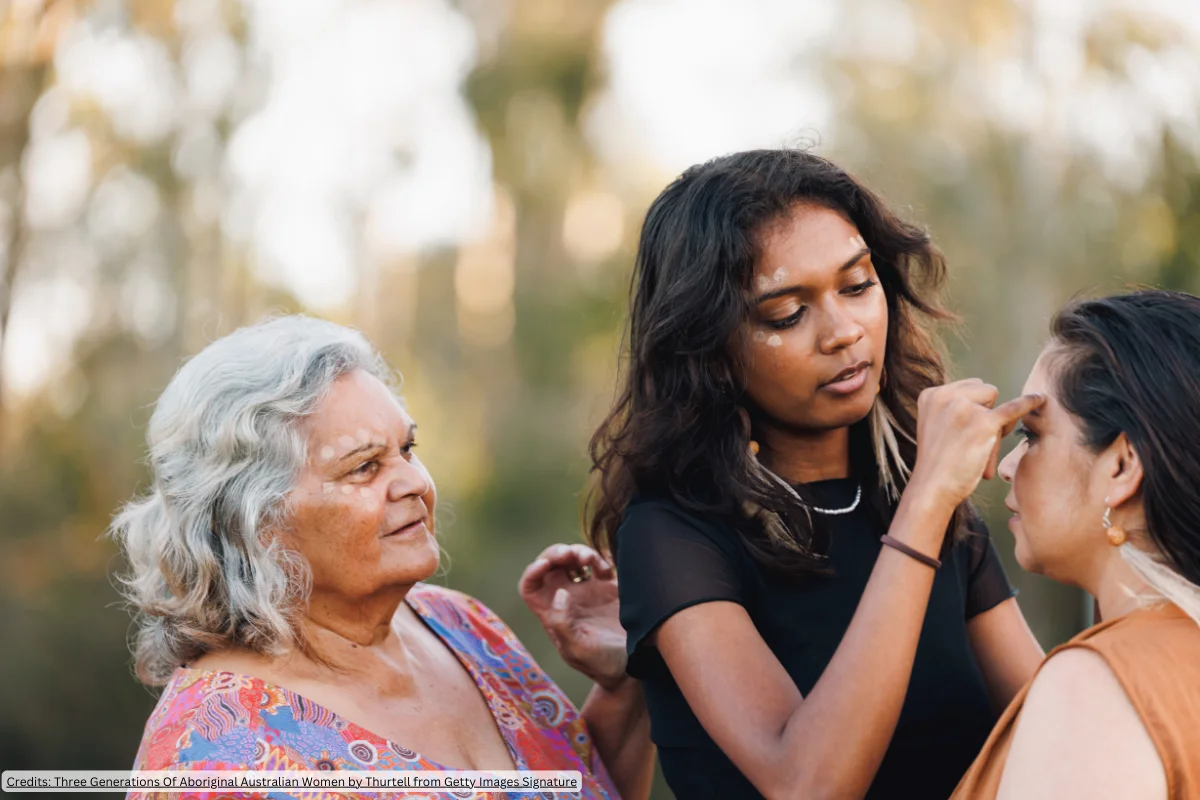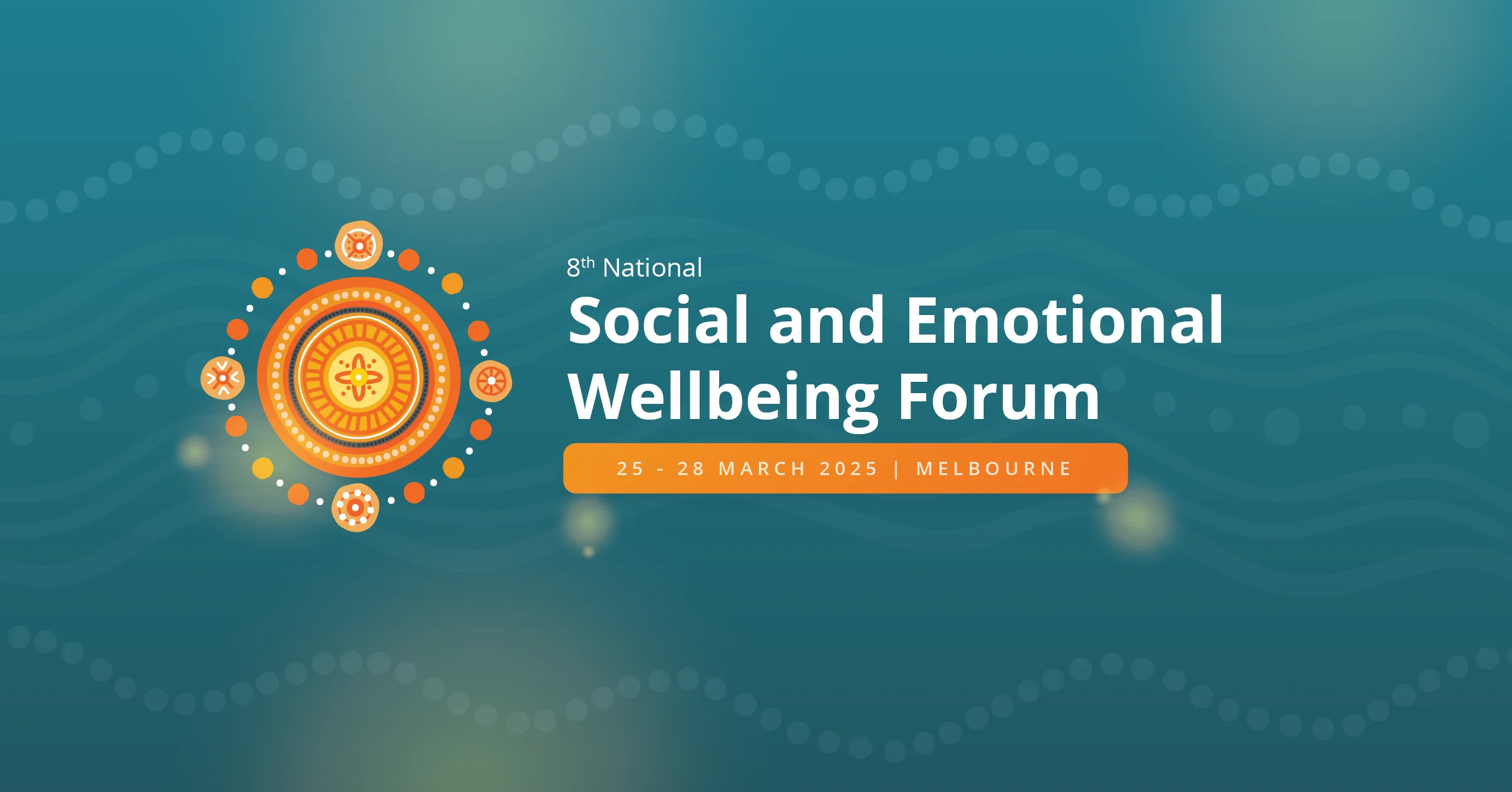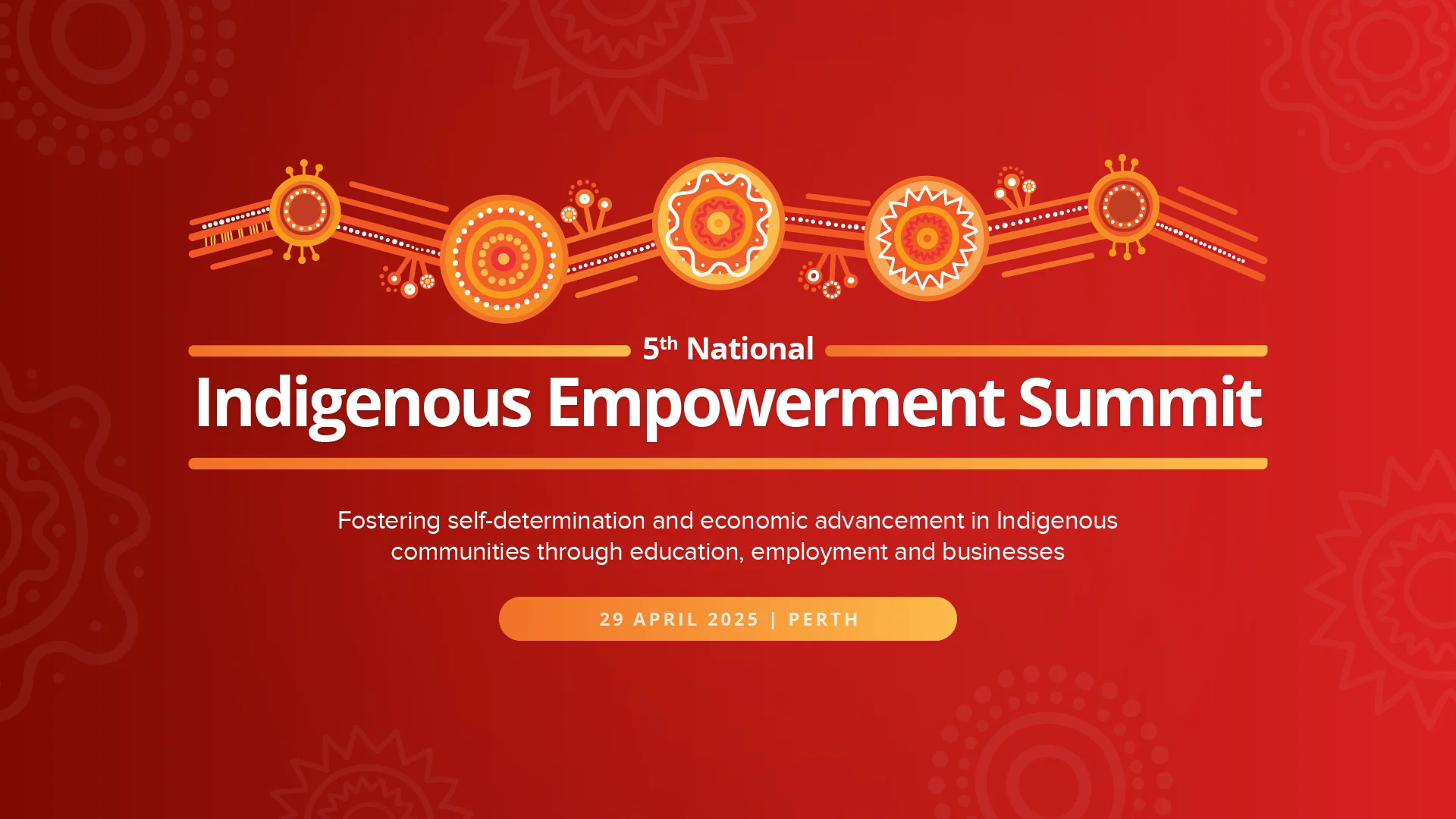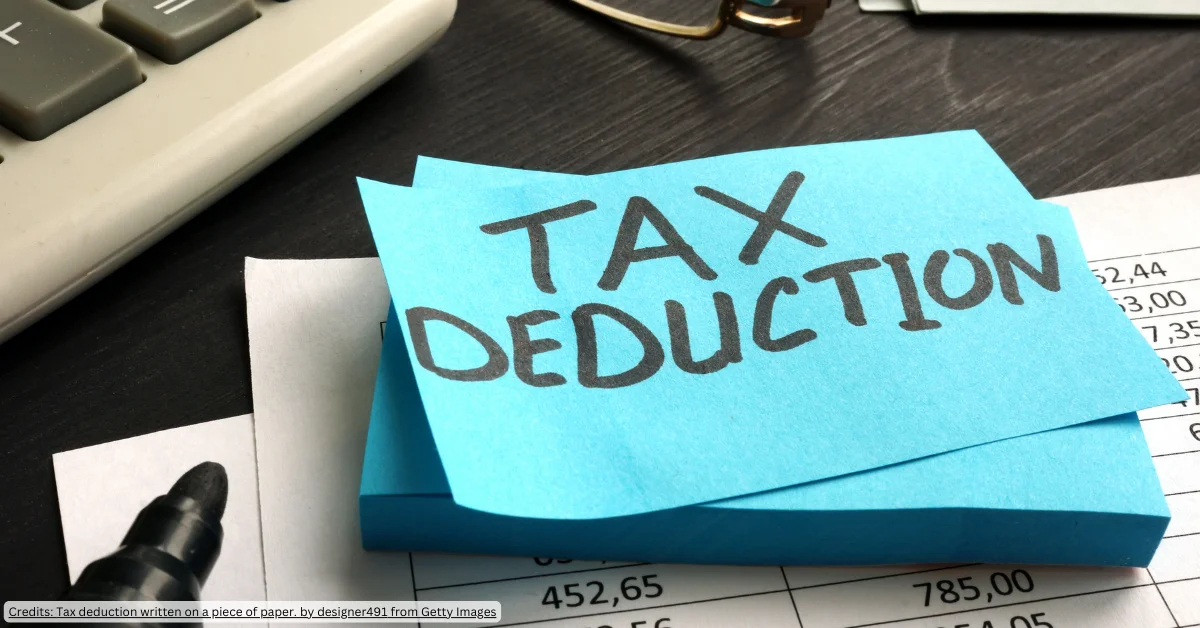World leaders are failing the vast majority of girls and women on promises of a fairer future, according to a global index launched at the world’s biggest gender equality conference.
The research shows the world is way off track to achieve gender equality, with not one country having reached the “last mile”.
The new United Nations index ranks 129 countries on dozens of benchmarks related to women including health, education, violence or work.
Denmark, Finland and Sweden topped the list while Congo, Democratic Republic of Congo, and Chad came in at the bottom.
Nearly 40 per cent of girls and women – 1.4 billion – live in countries graded “very poor”, and another 1.4 billion in countries graded “poor”.
Only eight per cent of girls and women live in countries ranked “good”. No country achieved an “excellent” score, while the global average was “poor”.
Philanthropist Melinda Gates, co-founder of the Bill & Melinda Gates Foundation, described the report as “a wake-up call to the world”.
Senegal has a greater proportion of women in parliament (42 per cent) than Denmark (37 per cent), while three in four Kenyan women use digital banking, more than many wealthier countries.
“Many countries with the most limited resources are making huge strides in removing the barriers for girls and women … demonstrating that when it comes to gender equality, governments shouldn’t have excuses for inaction,” Gates said.
Some 8000 delegates from more than 165 countries are attending the Women Deliver conference in Vancouver, Canada.
Canadian Prime Minister Justin Trudeau, who describes himself as a feminist, will open the event on Monday, launching four days of debates on everything from climate change and gender to women’s political empowerment.
Abortion rights will also be a hot issue amid concern over new restrictions imposed by a wave of US states.
Katja Iversen, president of Women Deliver, said the world had reached a “tipping point” on gender equality.
“(There are) conservative winds – sometimes it feels like a storm – blowing against women’s rights,” she said.
But she also saw a “super momentum” on gender equality and urged everyone to “dream big”.
Another key report to be launched at the conference will look at the future of work and the implications for women of increasing automation, while a third study will examine how to get men to share the burden of unpaid care work.
Iversen said investing in women created a ripple effect that also buoyed families, communities, countries and economies.
“We have dug deep into the evidence and it really shows that a gender equal world is healthier, wealthier, more productive, and more peaceful,” she said.
“If we had gender equality in the work place we could add 26 per cent to GDP – that’s a lot of money,” she added, citing a study by McKinsey Global Institute.
Iversen said she was encouraged to see increasing numbers of countries with gender-equal cabinets and more multinationals putting women in leadership positions.
But Iversen said it was not about power battles.
“Gender equality is also good for men and boys. It’s not women against men, girls against boys. It really is a win-win.”
With AAP












